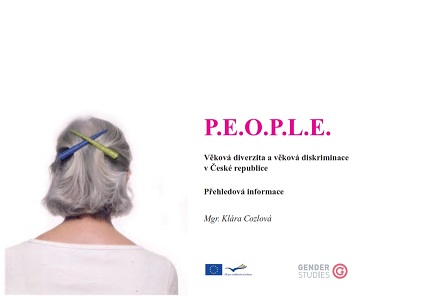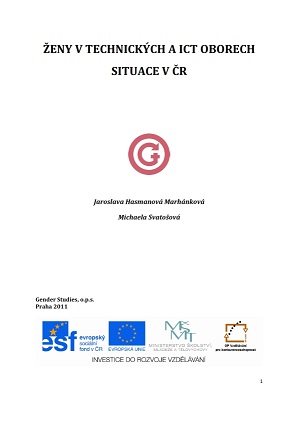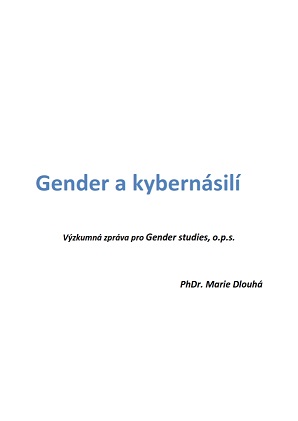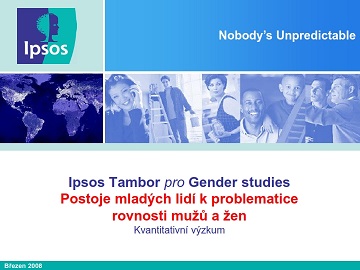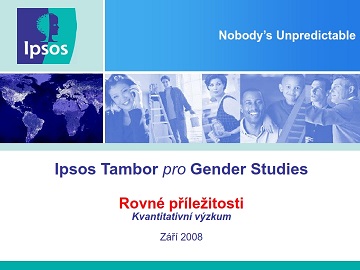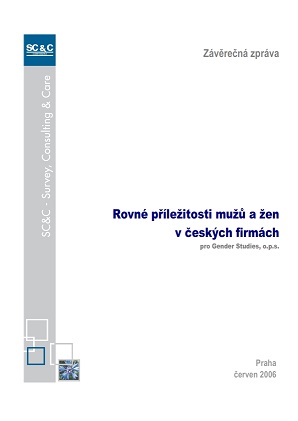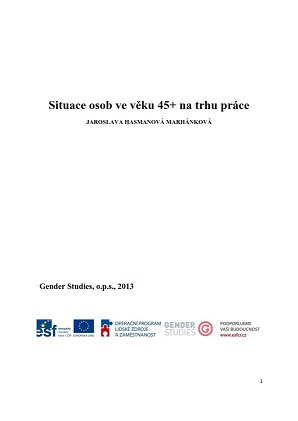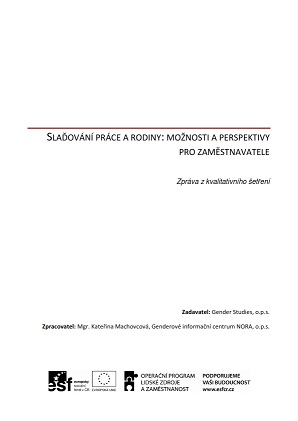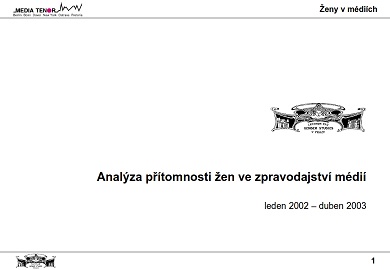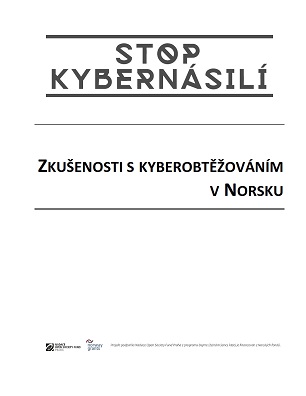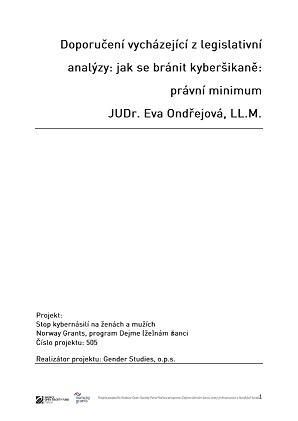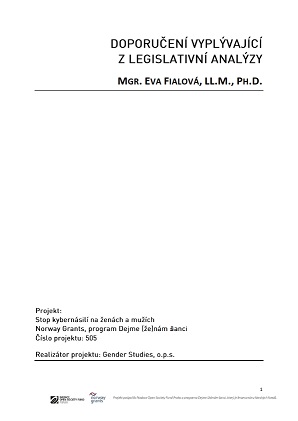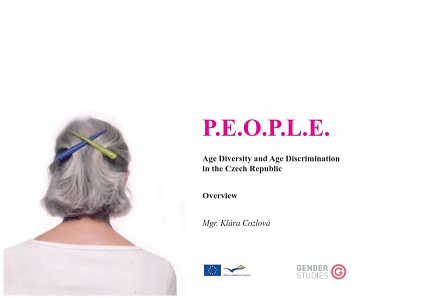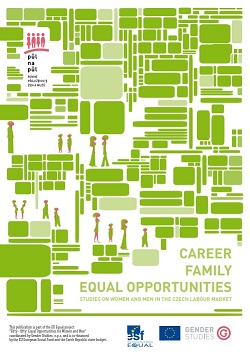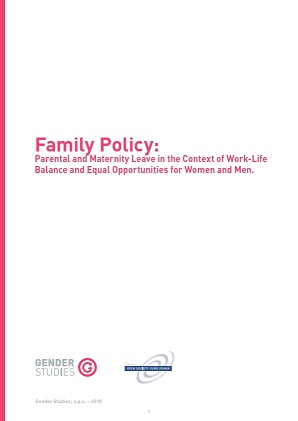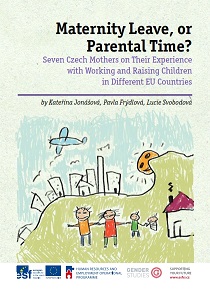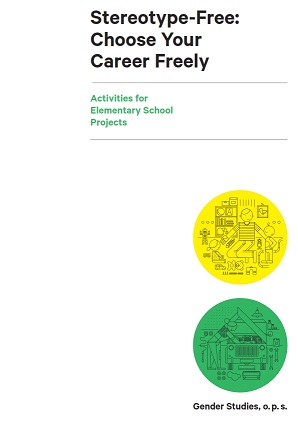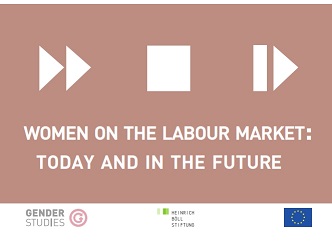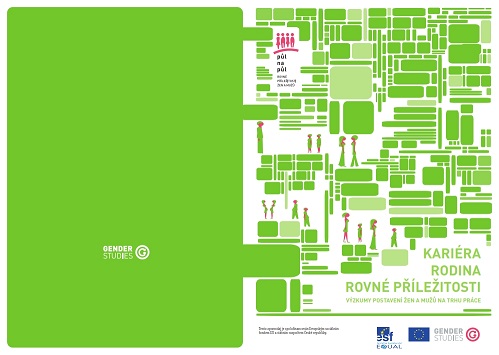Women on the Labour Market: Today and in the Future
Author(s): Vladimír Špidla,Kateřina Jacques,Agnieszka Rochon,Ewa Lisowska,Helena Skálová,Alexandra Jachanová Doleželová,Marie Valentová,Radka Dudová,Kairi Talves,Alice Červinková,Marcela Linková,Monika Bosá,Jasna A. Petrović,Heike Jensen / Language(s): English
Keywords: Women; labour market; gender studies; gender mainstream; inequality; equal opportunities; gender stereotypes; motherhood; childcare; maternity leave; career break; developing career; female scientists; workplace; discrimination; women’s human rights;
Dear readers, We are pleased to bring to your attention Women on labour market: today and in the future, a book, which is one of the outcomes of the project Fit for Gender Mainstreaming - Gender-Sensitive Transcending of Borders between East and West. Based on cross-border qualification initiatives for multipliers and public events in all countries participating in the “East-West Dialogue”, the goal of the project is to advance gender mainstreaming strategies on a local level and enhance exchange of experiences and qualifications. The publication follows up the international conference Future of Women on the Labour Market, which took place under the auspices of Kateřina Jacques, a Member of Parliament, in Prague in October 2007. Our goal is to assess situation of women on the labour market, refer to persisting inequalities and inspire discussion about the future. We are aware of the fact that gender equality policies need a thorough evaluation to prevent biased application, which may lead to cementing gender stereotypes instead of disrupting them. Our texts address not only decision-makers, but they also represent a call for solidarity between women, since its lack often stands for a barrier in achieving equality. Thus, we decided to focus some of our current activities especially on women.
More...
